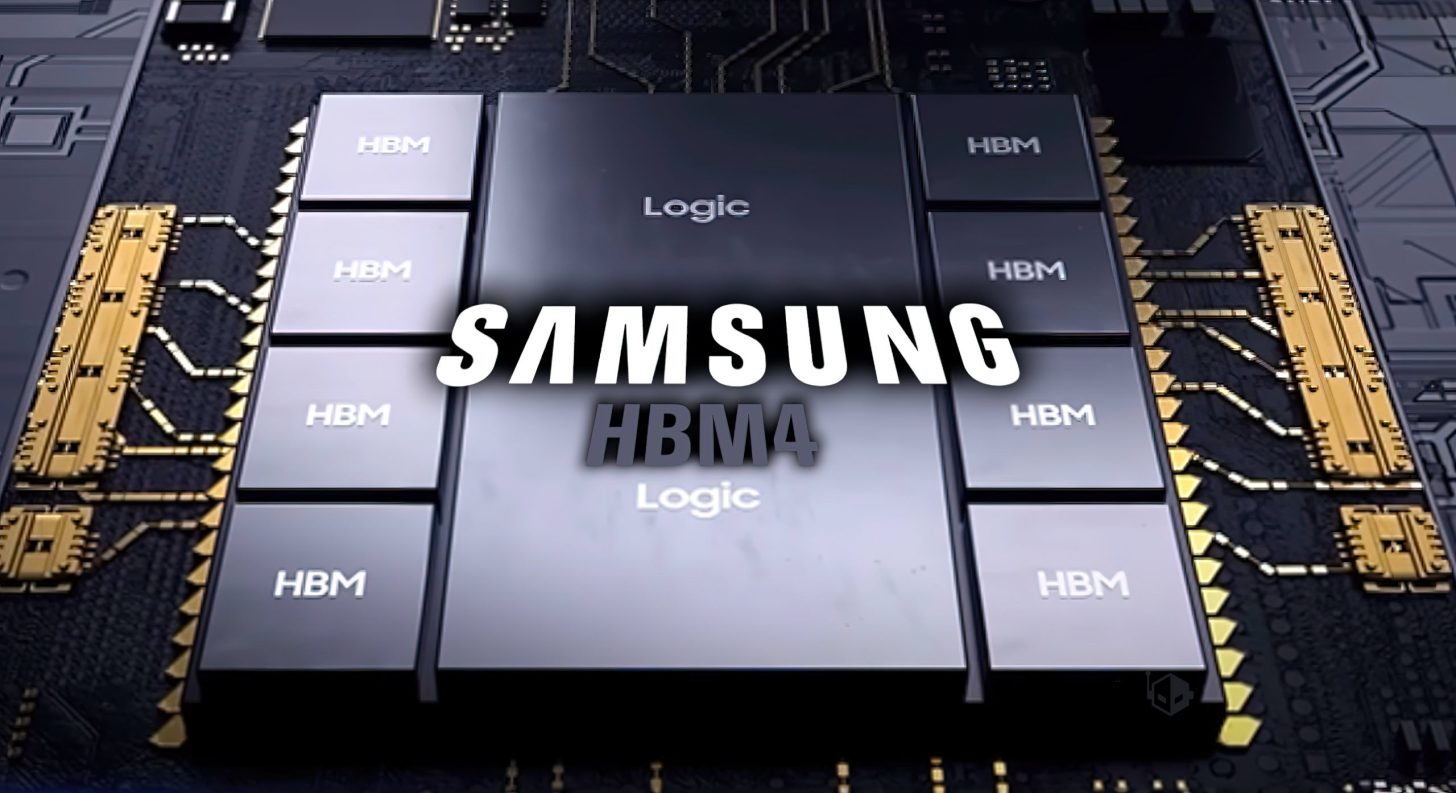Samsung has taken a significant step forward by securing a vital HBM4 supply deal with NVIDIA, signaling a new era of collaboration on innovative technologies that are expected to bolster the AI industry.
Samsung’s Breakthrough with HBM4 Technology
The Korean technology leader has accomplished a remarkable milestone with its HBM4 technology, becoming one of the pioneering manufacturers to establish a supply agreement with NVIDIA. This strategic move is centered around HBM4, which plays a crucial role in the newly announced collaboration. By working with NVIDIA, Samsung has gained a competitive advantage in the DRAM market, marking a noteworthy achievement.
In addition to their ongoing collaborations, Samsung and NVIDIA are also working together on HBM4. With incredibly high bandwidth and energy efficiency, Samsung’s advanced HBM solutions are expected to help accelerate the development of future AI applications and form a critical foundation for manufacturing infrastructure driven by these technologies.
Built with the company’s 6th-generation 10-nanometer (nm)-class DRAM and a 4nm logic base die, Samsung HBM4’s processing speeds can reach 11 gigabits-per-second (Gbps), far exceeding the JEDEC standard of 8Gbps.
Samsung’s HBM4 memory has positioned itself in NVIDIA’s supply chain due to its unmatched processing speed, reaching up to 11 Gbps, surpassing competitors such as Micron and SK hynix. As NVIDIA anticipates the release of its Rubin AI lineup, securing high-performance HBM4 solutions is essential, especially in light of competition from AMD’s Instinct MI450 series.

The Future of Samsung’s HBM Business
This announcement could be a turning point for Samsung’s HBM division, which has faced challenges due to slow progress with HBM3. However, recent developments have been in Samsung’s favor, securing an early lead with HBM4 and putting the company back on track. The competitive landscape in the HBM sector is expected to intensify, with Samsung’s achievement likely prompting SK hynix and Micron to reevaluate their HBM4 strategies.
